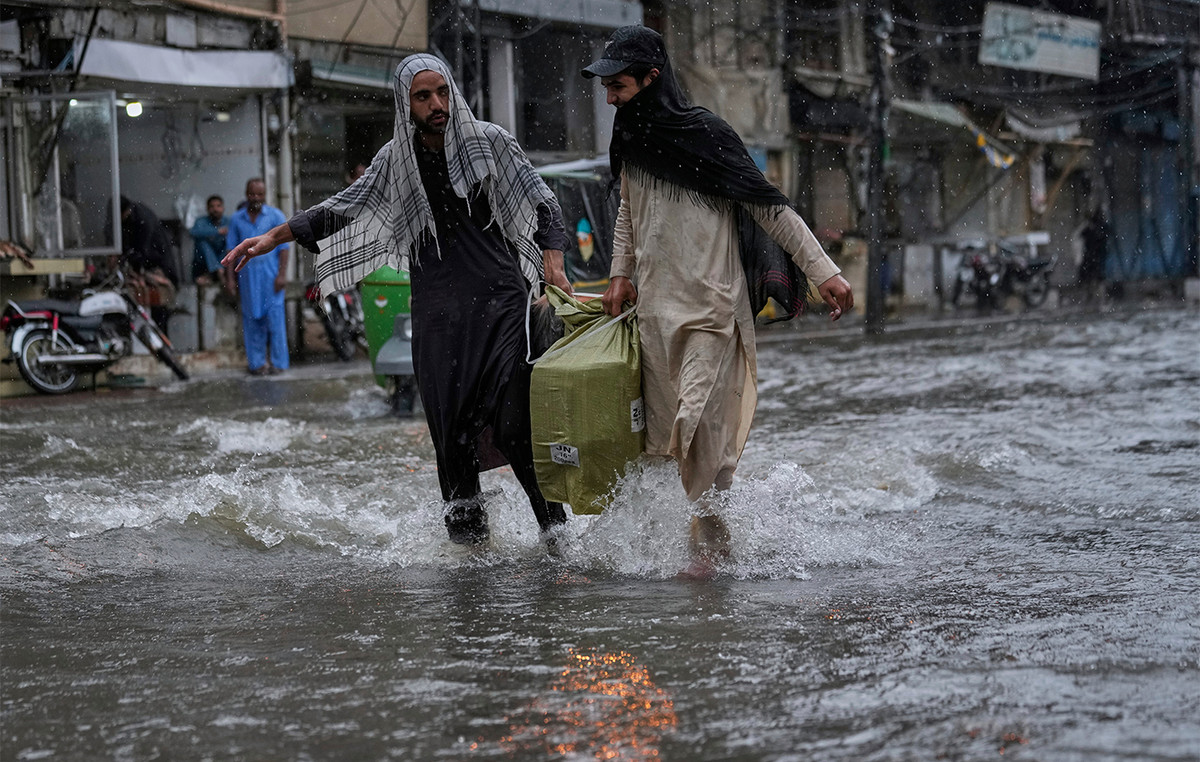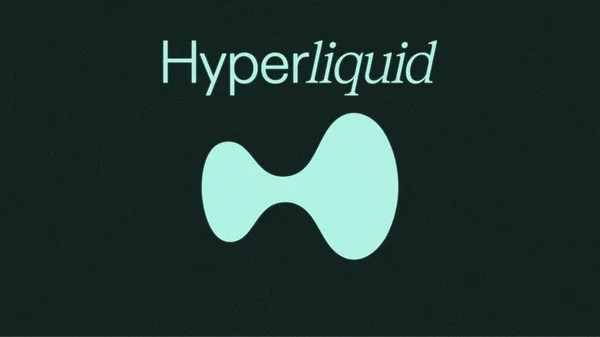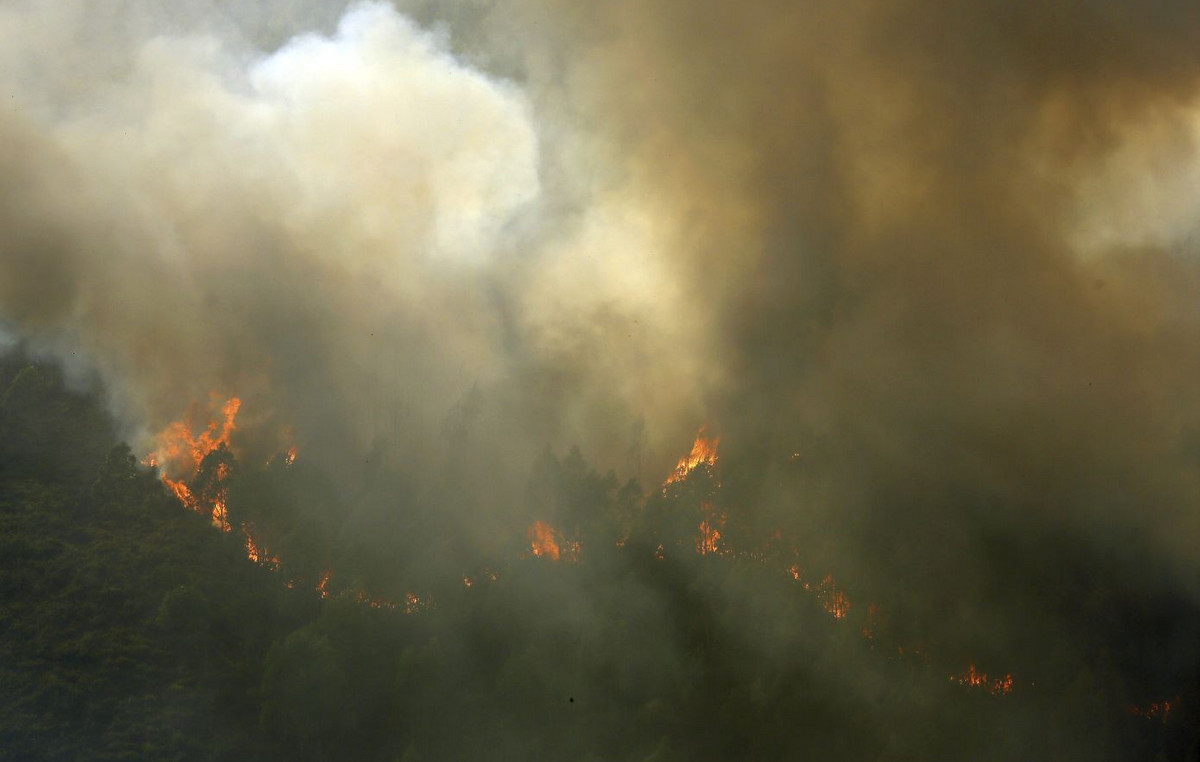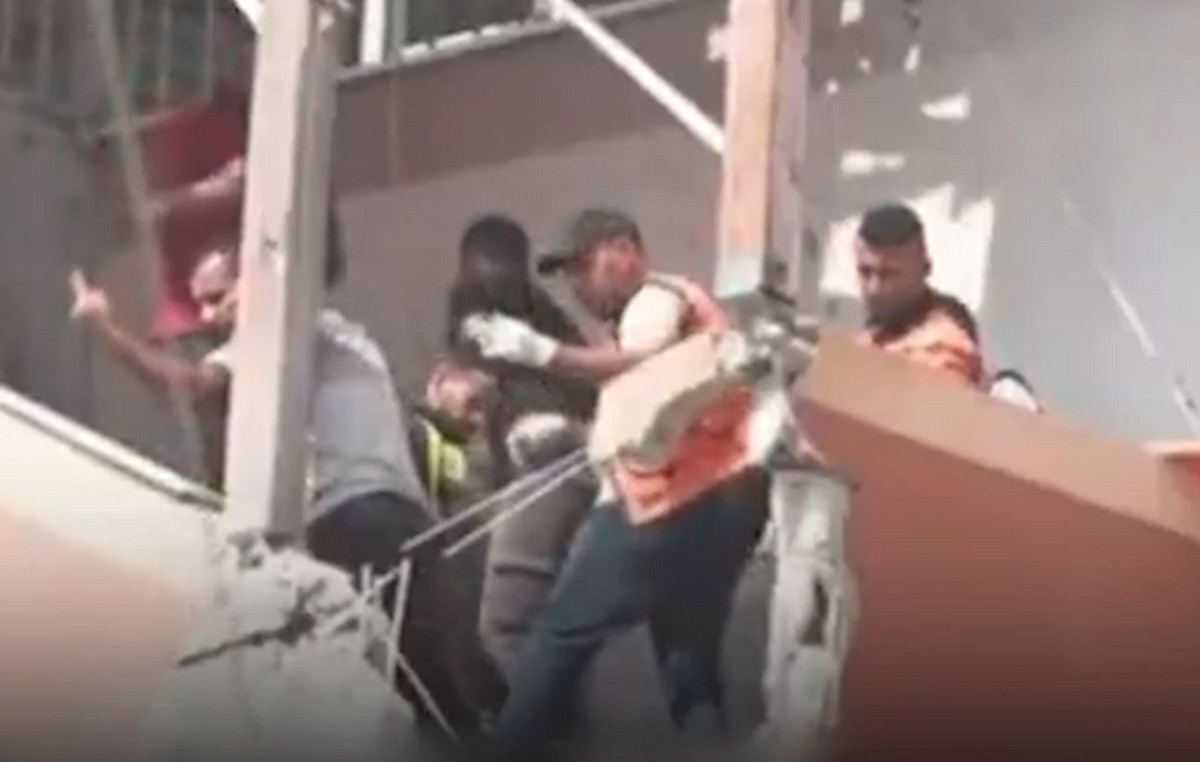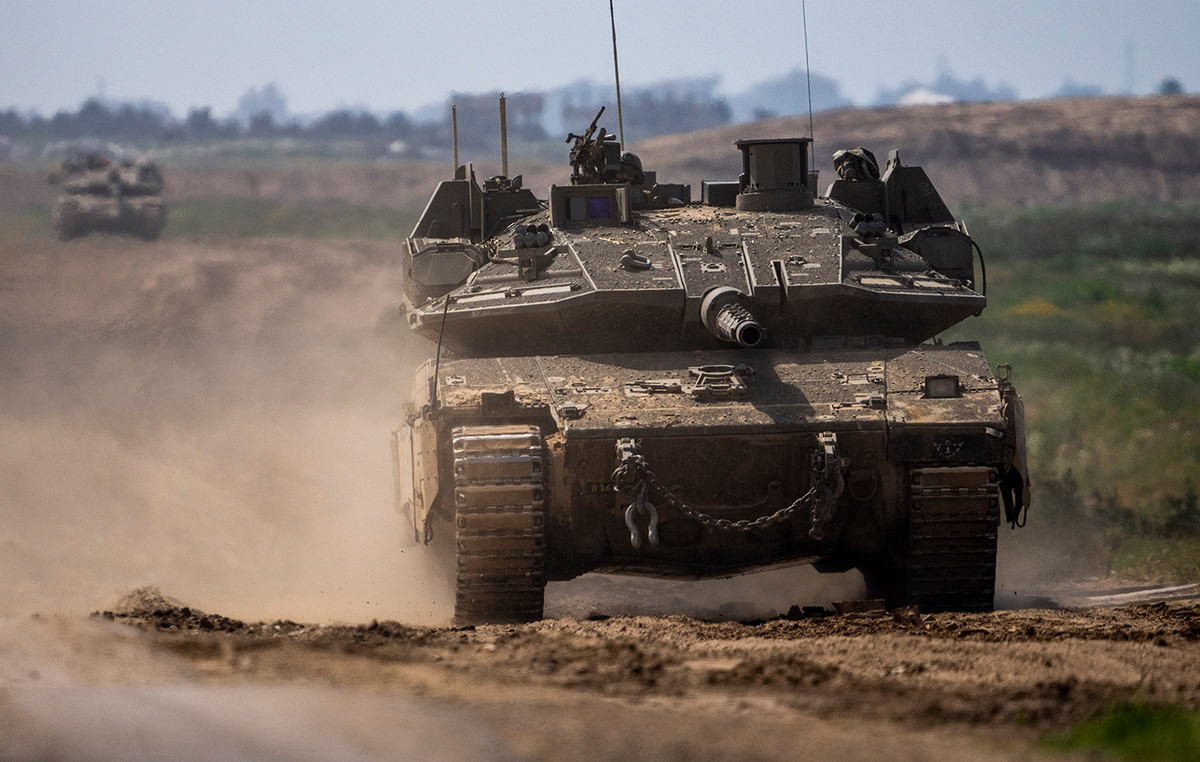Doctors Without Borders (MSF), an international humanitarian organization, issued an alert regarding care for the injured in the Gaza Strip region, the scene of the conflict between Israel and the Hamas group, almost two weeks ago.
According to Guillemette Thomas, MSF medical coordinator for Palestine, based in Jerusalem, a “collapse of patient care” is already being observed.
Doctors who have worked with teams from the Israeli Ministry of Health, mainly at Al-Shifa Hospital in Gaza City, report that between 800 and 1,000 injured people arrive at hospitals every day. The estimate is that the real number of injured people is higher, since, as access to facilities is restricted, only the most seriously ill patients seek hospital care.
The organization believes that, since the start of the conflict, more than 9,700 people have been injured — and are at risk of dying in the coming hours: “It is becoming impossible to get medical attention,” says Guillemette Thomas.
“Medical staff can no longer treat people or admit new patients properly. Everything is being done in extremely precarious conditions, with a lack of personnel, medicines and medical equipment. There is a constant flow of seriously injured people, with complex traumatic injuries, burns, fractures and crushed limbs”, says the medical coordinator.
Al-Shifa Hospital, the main hospital in Gaza, only has fuel for the next 24 hours, to maintain the establishment’s electricity. According to the doctor, without electricity, many patients will die, especially those in intensive care, neonatology and on respiratory support equipment. “Patients with chronic diseases, such as diabetes and cancer, and pregnant women are also at risk, due to the general shortage of medicines”, he adds.
Evacuation from Northern Gaza: water is a priority
A week ago, the Israeli Army ordered the displacement of civilians in the north of the Gaza Strip to leave the area towards the south. For healthcare professionals, the order imposed a choice between leaving their patients behind and staying and risking their own lives.
With poor hygiene conditions, the risk is that a wave of illnesses such as diarrhea, respiratory and skin infections and dehydration can develop quickly and put people in more vulnerable situations, including children, at risk. Furthermore, the alert highlights that half of the population of Gaza is made up of children under 18 years of age.
According to MSF, water is the top priority. It is estimated that 60% of Gaza’s population, more than 1 million people, live without access to water and healthcare. “There is no basic medical care available because the clinics are closed, and hygiene conditions are very bad,” he warns.
The organization warns that without anesthetic medicines, surgeons will be forced to interrupt operations and calls for a ceasefire in the region to supply medicines and fuel.
*Supervised by Márcia Barros
Source: CNN Brasil
Bruce Belcher is a seasoned author with over 5 years of experience in world news. He writes for online news websites and provides in-depth analysis on the world stock market. Bruce is known for his insightful perspectives and commitment to keeping the public informed.

